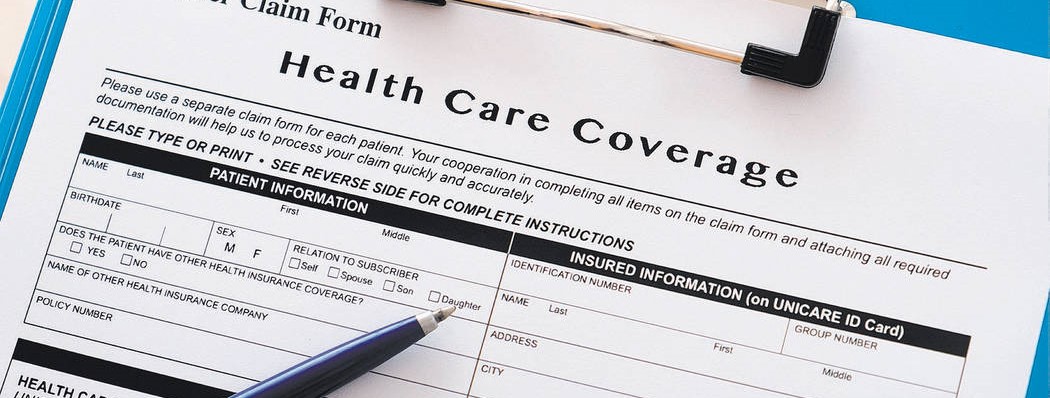2018 Health Coverage & Your Federal Taxes
In 2018, the Internal Revenue Service is not going to consider individual tax returns. In order for an individual to make his tax returns processed, they must indicate they have had health insurance coverage or an exemption.
What’s special about this new addition to the tax regulation? To put it simply, the initially adopted course was accommodating the health insurance. An individual did not have to indicate on their 1040 tax form respective information on the presence of the health insurance. On the sidenote, if an individual had a medical insurance or paid penalties, they still had to fill the filers. IRS, however, had a practice of accepting and processing tax returns even in the case of individuals who did not wish to include and to indicate coverage status.
The statement, issued by the Internal Revenue Service regarding the changes enforced for the year 2018 reads as follows:
“To avoid refund and processing delays when filing 2017 tax returns in 2018, taxpayers should indicate whether they and everyone on their return had coverage, qualified for an exemption from the coverage requirement or are making an individual shared responsibility payment.” This is the first time in the history when the Internal Revenue Service has made a move to not accept individual tax returns corresponding to the case.
What prompted the changes in 2018 health coverage?
To explain the changes in the structure of tax returns introduced in the year 2018, the spokesperson for the Internal Revenue Service Bruce Friedland explained the move as one of the logical consequences of the system of the IRS procedures.
In a nutshell, the move was explained the Service figured out that it would be more burdensome for a taxpayer to offer filling an incomplete tax return form while loading a taxpayer with managing of the follow-up letters and running the risk of a potential amendment of their returns.
“Identifying omissions and requiring taxpayers to provide health coverage information at the point of filing makes it easier for the taxpayer to successfully file a tax return and minimizes related refund delays,” stated the spokesperson in his assessment of the move. In September, 2017 about 130,000 taxpayers received follow-up emails required urgent action from the IRS. The follow-ups were regarding the unfilled health care requirements on 2014 and 2015 tax returns.
The Affordable Care Act requirements and the changes due in 2019
How the Affordable Care Act and the pending tax reform are interconnected?
The coming tax reform completely eliminates the Affordable Care Act penalty effective in tax year 2019. Previously, Tax Cuts and Jobs Act intervened and affected how the Affordable Care Act penalty was calculated, which entails the changes in the estimated tax liability based on penalties of years 2017 and 2018. To calculate an estimate of how taxes might be affected, we recommend using tax refund and tax reform calculators available online at reliable websites.
What constitutes health insurance for 2018 tax return?
The below mentioned coverage meets the Affordable Care Act minimum requirement for health insurance in 2018:
- Retiree coverage.
- Consolidated Omnibus Budget Reconciliation Act.
- Employee group health insurance.
- Private plan obtained from a health insurance company.
- Healthcare.gov or state Health Insurance Marketplace plan, including SHOP plans.
- Student health insurance plan.
- Parent’s health insurance plan, if an individual is under 26 years old.
- “Grandfathered” individual insurance plan an individual had since March 23, 2010 or earlier.
- Medicare Part A, Part C or Medicare Advantage (Part B coverage by itself doesn’t qualify).
- Medicaid, except for limited coverage plans.
- Children’s Health Insurance Program.
- Veteran’s Administration (VA), CHAMPVA, or spina bifida health care program.
- Peace Corps.
- Department of Defense Non-appropriated Fund Health Benefits Program.
- Refugee Medical Assistance.
- Basic Health Program standard health plan.
- State high-risk pools for plan or policy years that begin on or before Dec. 31, 2014.
It is recommended to get an advise from the health insurance provider in case you are not sure if your plan meets the above criteria.




